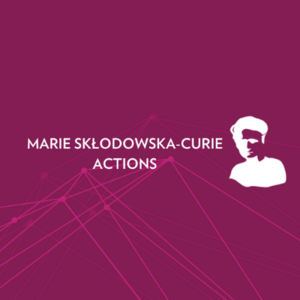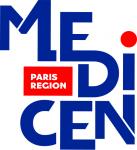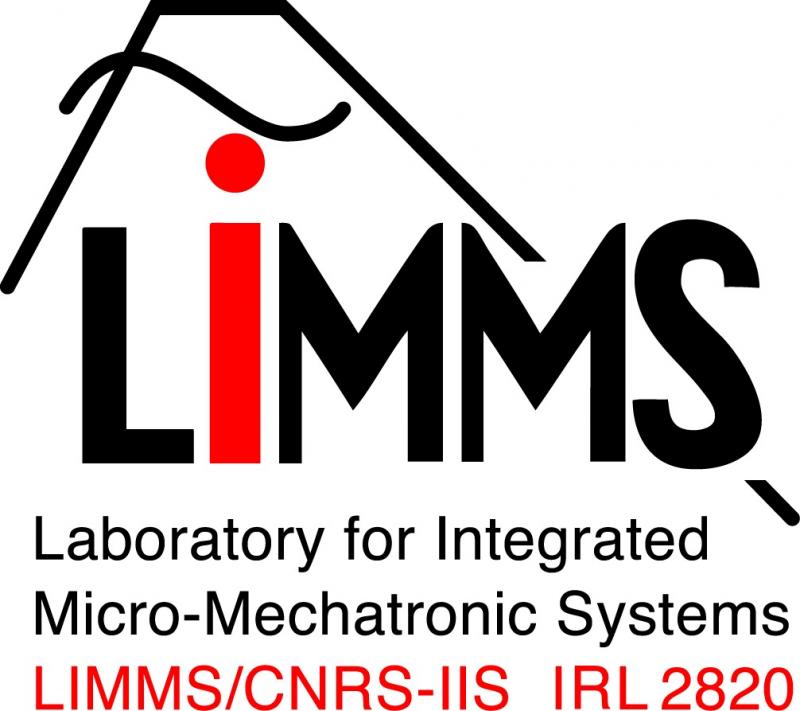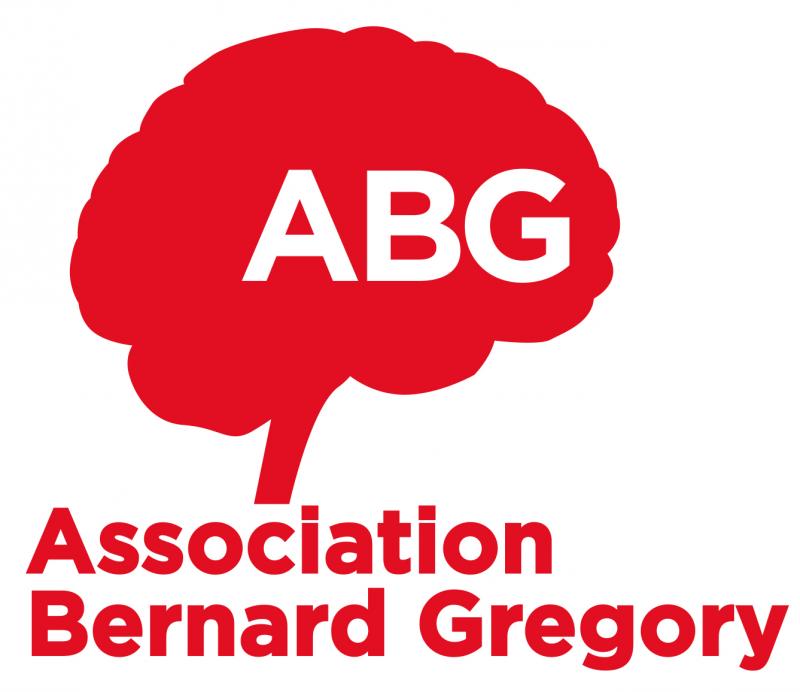Why not do your postdoc in a company? Fund your project with Marie Sklodowska Curie Actions!
Did you know that the Marie Sklodowska Curie "Postdoctoral Fellowships " funding scheme allows you to carry out a research stay of 12 to 24 months in a non-academic structure? Discover the scheme and apply before September 11, 2024!

About postdoctoral fellowships
About Postdoctoral Fellowships
The Marie Sklodowska Curie Actions (MSCA) offer postdoctoral grants to researchers who wish to boost their careers by working abroad or prepare their return to Europe. Host organisations can be non-academic organisations: companies of all sizes and sectors, museums, NGOs, associations, foundations...
There are two types of fellowships:
European Fellowships
- are held in the EU or associated countries (e.g.Turkey, Israel...)
- last between one to two years
- are open to researchers moving within Europe, as well as those coming in from other parts of the world
- can restart a research career after a break, such as parental leave
- can help researchers coming back to Europe find a new position
Global Fellowships
- fund positions outside Europe for researchers based in the EU or associated countries (e.g. Switzerland, Turkey, Israel...)
- last between two and three years
- the researcher has to come back for one year to an organisation based in the EU or associated countries
Both types of fellowships may also include short-term secondments anywhere in the world during the fellowship (except during the return phase of a Global Fellowship).
Who can apply?
This action is for researchers from across the world.
Applicants need a doctoral degree and must have a maximum of eight years experience in research, from the date of the award of their PhD degree.
MSCA Fellowships have a specific mobility rule: you cannot have spent more than 12 month in the last 3 years in the country for which you want to apply for.
All research areas can be funded. MSCA Fellows come from a wide variety of disciplines – from physics to linguistics, and from health-sciences to mathematical modelling.
What does the funding cover?
The grant provides an allowance to cover living, travel and family costs. In addition, the EU contributes to the training, networking and research costs of the fellow, as well as to the management and indirect costs of the project.
How to apply?
The following documents have to be provided:
- your research proposal (max. 10 pages)
- your CV (max. 5 pages)
- the operational capacities of your host institutions
The proposal is written jointly with your future host organisation.
As any other EU-funding, your grant proposal will be evaluated according to the following three main factors:
- excellence (50%)
- impact (30%)
- implementation (20%)
Your proposal must explain how your project is going to help you to develop your skills and knowledge and how it will have an impact on your career development. Evaluators pay a specific attention to the outreach activities implemented during your project.
Because your proposal won’t be necessary evaluated by experts from the same specific field than you, explain your project in a way non-experts can understand. Showcase the red thread of your proposal by describing the objectives and how you will meet them; explain what impact your project will have for the society.
Successful applicants evaluate the time for writing the proposal by 2-3 months.
COMPANIES, FOUNDATIONS, MUSEUMS: CO-APPLY FOR MARIE SKŁODOWSKA-CURIE "POSTDOCTORAL FELLOWSHIPS" FUNDING AND HOST AN INTERNATIONAL RESEARCHER
If you wish to host an international researcher and co-implement a project, consider the MSCA individual fellowships.
The Marie Skłodowska-Curie Actions (MSCA) program offers non-academic organizations (SMEs, large enterprises, foundations, associations, museums, etc.) a unique opportunity to enhance their competitiveness and innovation capacity by collaborating with internationally renowned researchers.
By hosting an MSCA fellow funded by the European Commission, you can benefit from the advanced scientific expertise and specialized skills of the researchers.
By participating in this program, host organizations demonstrate their commitment to excellence and innovation, thereby strengthening their position in the international market.
COLLABORATION OPPORTUNITIES UNDER THE MSCA POSTDOCTORAL FELLOWSHIPS CURRENTLY AVAILABLE ON OUR WEBSITE
Find out more
« Researchers without borders » : let’s discover your opportunities in Europe (Paris, December 11 and 12)
Do you plan to go abroad during or after your PhD? With a postdoctoral fellowship or for a position in the industry? Are you looking for country-specific information on funding schemes, employers, recruitment process, professional codes? This event is made for you!
ABG’s international activities
Because our partners operate in an international environment, ABG adapts to their context when addressing their needs for support and recruitment of PhD-holders. In recent years, ABG has been defining and deploying an internationalization strategy centered on our three fields of expertise (support, recruitment, and communication/information) with a focus on mobility (expatriation and return) opportunities.
Highlights of the Marie Skłodowska-Curie Actions (MSCA) conference held in Mons, Belgium in 2024
The Marie Skłodowska-Curie Actions (MSCA) conference took place on April 18-19 in Mons, Belgium, hosted by the Belgian Presidency of the Council of the European Union and supported by the European Commission. This year's theme centered around researchers' career pathways. ABG was among the invited panelists, and we bring you the key highlights from the event.
Get ABG’s monthly newsletters including news, job offers, grants & fellowships and a selection of relevant events…
Discover our members
 Ifremer
Ifremer  Généthon
Généthon  TotalEnergies
TotalEnergies  Nokia Bell Labs France
Nokia Bell Labs France  ONERA - The French Aerospace Lab
ONERA - The French Aerospace Lab  ASNR - Autorité de sûreté nucléaire et de radioprotection - Siège
ASNR - Autorité de sûreté nucléaire et de radioprotection - Siège  Institut Sup'biotech de Paris
Institut Sup'biotech de Paris  Groupe AFNOR - Association française de normalisation
Groupe AFNOR - Association française de normalisation  ANRT
ANRT  Laboratoire National de Métrologie et d'Essais - LNE
Laboratoire National de Métrologie et d'Essais - LNE  Tecknowmetrix
Tecknowmetrix  Aérocentre, Pôle d'excellence régional
Aérocentre, Pôle d'excellence régional  ADEME
ADEME  Medicen Paris Region
Medicen Paris Region  Servier
Servier  SUEZ
SUEZ  Nantes Université
Nantes Université
-
JobRef. 135984Tokyo, Japon
 Fellowship of the JSPS (Japan Society for the Promotion of Science) at LIMMS/CNRS-IIS (IRL 2820), Tokyo
Fellowship of the JSPS (Japan Society for the Promotion of Science) at LIMMS/CNRS-IIS (IRL 2820), TokyoPD fellowship of the JSPS on the project :Smart Neuro-Interface for Home Autonomy: NEUROHOME
Scientific expertises :Electronics - Psychology, neurosciences
Experience level :Junior
-
JobRef. 136133, Ile-de-France , France
 Association Bernard Gregory ABG
Association Bernard Gregory ABGFormateur.rice
Scientific expertises :Open to all scientific expertises
Experience level :Any
